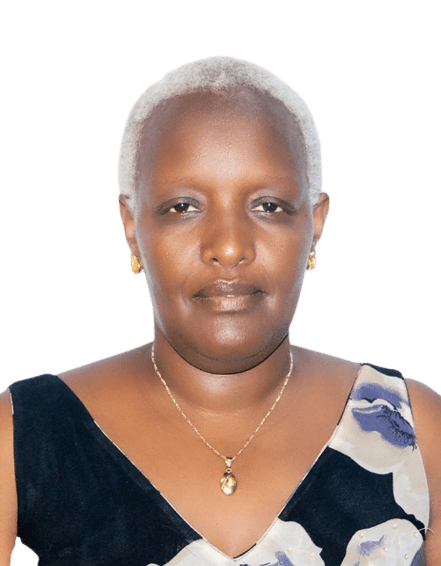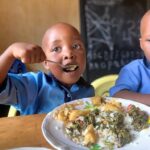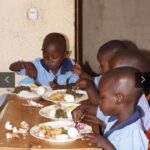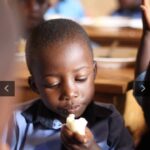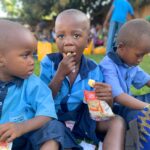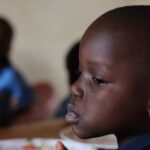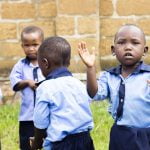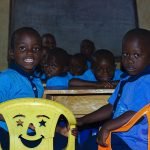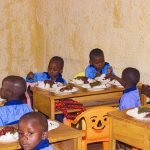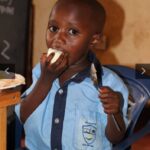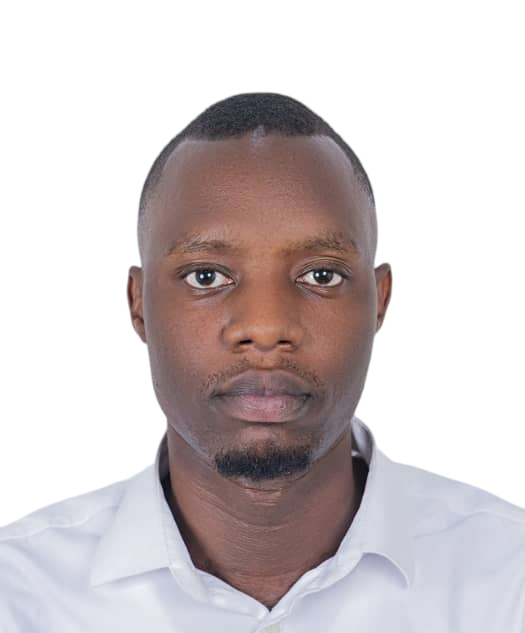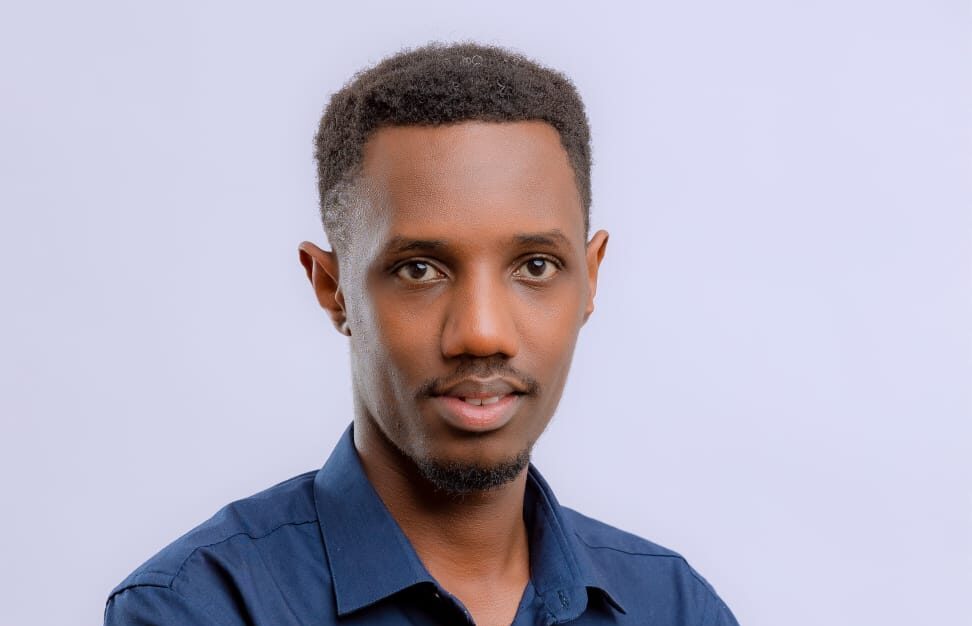Message from the Chairperson
MPUNGA B Goreth
Dear Friends and Partners,
On behalf of the Board of Directors and the entire team at Bridge of Hope, we warmly welcome you to our ministry’s website. It is a privilege to serve our communities together, and we are continually grateful for God’s goodness in our mission to transform the lives of vulnerable children and families in Rwandan communities. The impact of our collective efforts has been truly remarkable.
Since our initiation, we have remained committed to ensuring that every child has access to education, healthcare, protection, and opportunities that enable them to flourish.
Thanks to our dedicated staff, volunteers, and partners we have witnessed incredible progress from expanding Early Childhood Development (ECD) programs to advocating for children’s rights and empowering families through community based initiatives. These achievements stand as a testament to the dedication of our staff, volunteers, and partners who work tirelessly to bring hope where it is needed most.
While we celebrate our successes, we also recognize the challenges that remain. Many children still face barriers to education, healthcare, and basic needs. It is our shared responsibility to continue this journey, expanding our impact and ensuring that no child is left behind.
I invite you to join us in this noble cause.
Together, we can create lasting change and build a positive future for the next generation.
Thank you for your remarkable support and belief in our vision.
With gratitude,
Mrs. MPUNGA B Goreth
Chairperson of the Board
BRIDGE OF HOPE
